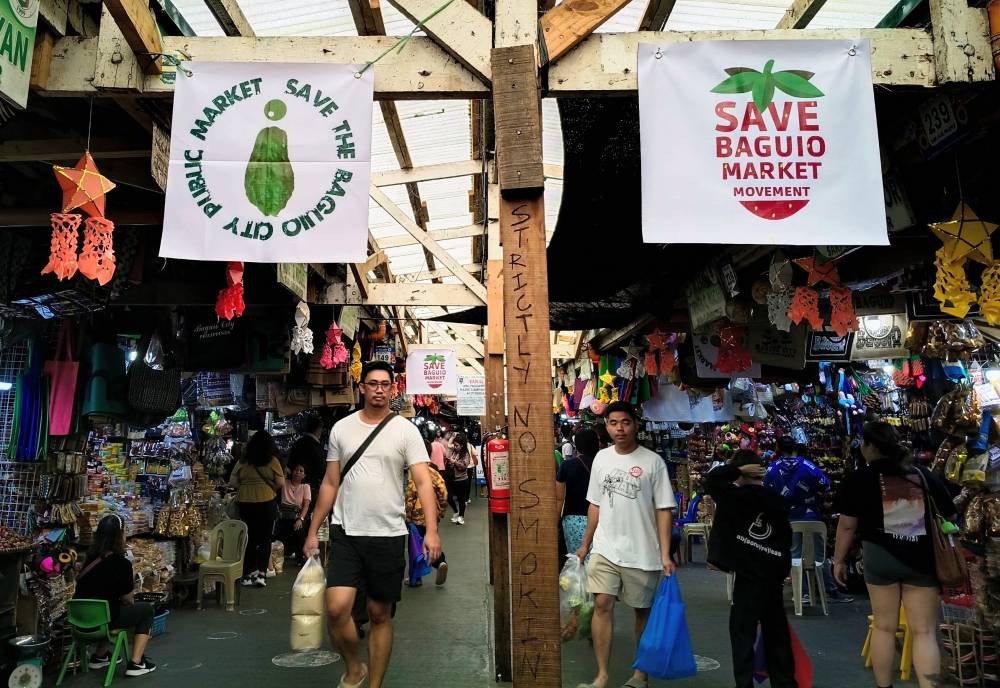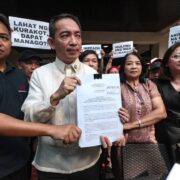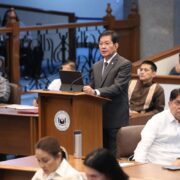Baguio vendors want to lead market upgrade

BAGUIO CITY—Local vendors on Wednesday urged the city council to reject a public-private partnership (PPP) proposal from a mall developer to build a modern market, arguing that it would bind the city to a “market mallification” deal that could last 50 years.
Instead, lawyer Zosimo Abratique said the city government could revive and finance an architectural plan for a modern market that vendors helped draft in 2019 through a directive by Mayor Benjamin Magalong.
That plan for a multilevel market building “was worked out every Thursday” at the Baguio Market Vendors Association office, said Abratique, whose family runs a stall in the city market.
The collaborative effort with local architects incorporated special design features memorializing unique sections of the city market such as “kaldero” (cooking pot) and “chichirya” (snacks or junk food).
However, the project required a P2.6-billion fund and, although adopted by the council, was set aside after city officials concluded that Baguio could not finance it without disrupting public services.
Signature campaign
The city government subsequently entertained several firms that submitted unsolicited proposals for the 6-hectare prime market property.
The group of rice, fish, meat and vegetable traders also submitted the initial set of signatures they had gathered in an ongoing public campaign to the local government on Wednesday afternoon. Vendors continued to solicit support to “save” the Baguio market on Thursday.
Abratique’s statements revived discussions on the original market plan two days after Vice Mayor Faustino Olowan said vendors’ objections were being heard. However, Olowan asked them to provide the city council with a workable alternative should it reject the PPP offer being negotiated with the mall developer.
Olowan said he was aware of the signature campaign against the P4.5-billion proposal now under council review.
He noted that some local officials have familial ties to the market, making them protective of the vendors and the legacy of the city’s main food hub, which began as an informal trading area of Cordillerans before a stone market was built in 1917.
Baguio residents, vendors and activists have also proposed “crowdfunding” as a solution to the government’s financial limitations for the market redevelopment.
Raising funds through donations and other arrangements with Baguio residents would allow the city to retain ownership of the century-old market and preserve its history, said Geraldine Cacho, chair of policy advocacy group Tongtongan ti Umili, during a Nov. 7 consultation organized by the council.
















